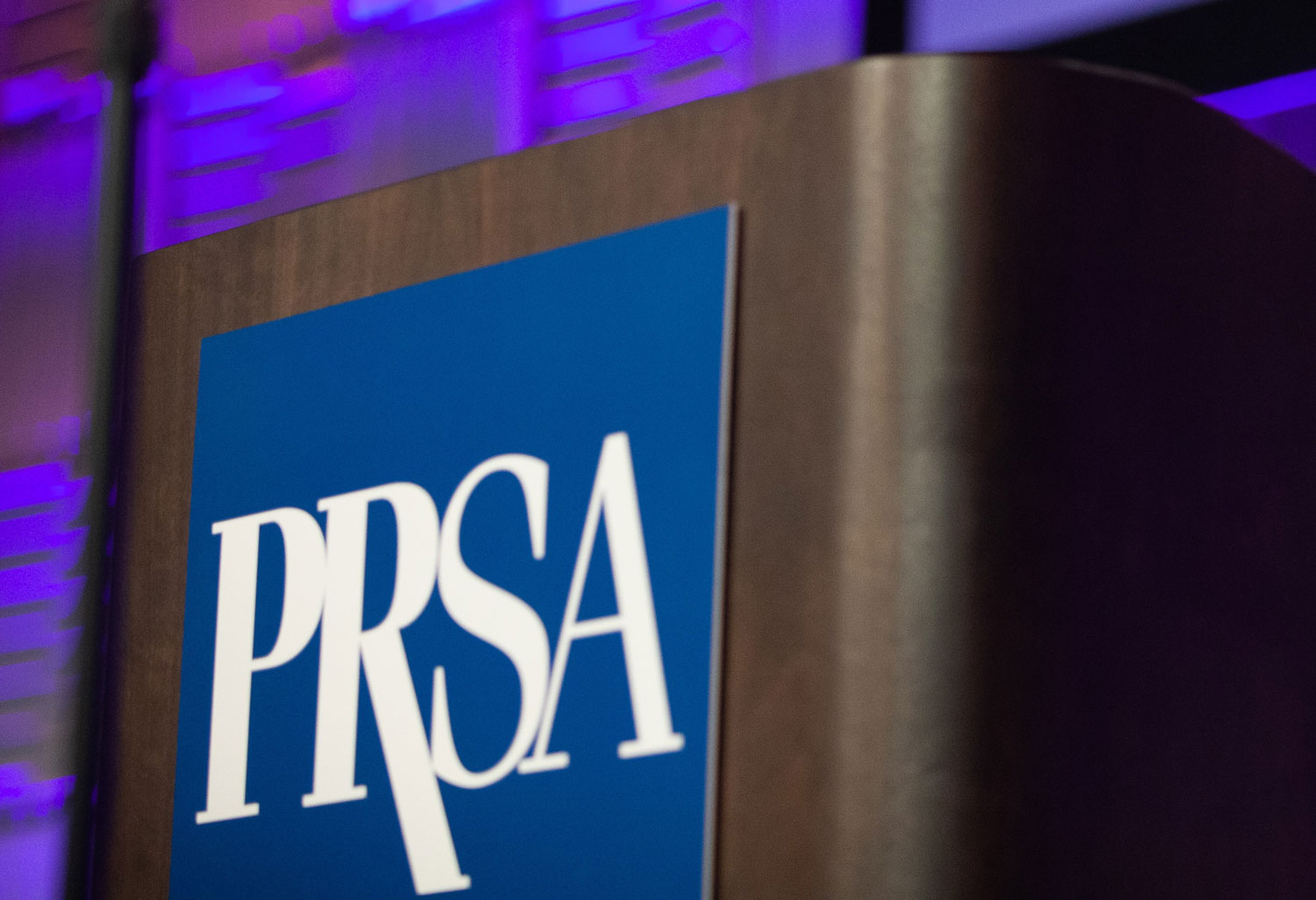PRSA Responds to Washington Post Story on the Blurred Line Between PR and Journalism
Jun. 8, 2021
Dear Editor:
On behalf of the Public Relations Society of America (PRSA) and its 19,000-plus members I’d like to thank reporter Elahe Izadi for her June 4 article, The New Journalism—and the PR Firms Behind It. It is vital to the public interest to call out misrepresentations perpetrated by ersatz “news” sites and the so-called “PR” organizations behind them.
A point missing in the story, however, is that these practices violate not only journalistic ethics, but the ethics of the public relations profession as articulated in PRSA’s Code of Ethics as well. To wit, our Code specifies these principles and practices relevant to the article and advanced by our members:
- Disclosure of information—to build trust with the public by revealing all information needed for responsible decision-making.
- To reveal the sponsors for causes and interests represented.
Ethical PR practitioners do not approve or participate in front groups or misleading “sponsored discussions” any more than ethical journalists do. This is both honorable and good for business, as journalists or PR professionals who swim in those murky waters risk violating the public’s trust and subsequent damage to reputations, organizations and careers.
I must respectfully disagree with a couple of points made by Professors Bill Adair and Robert McChesney. “The PR industry has always tried to make its message look like news,” Professor Adair is quoted as saying. “But what’s different here is I think they’re being more aggressive in how they spread it around the country.”
While public relations does unabashedly provide organizations a voice in the competing marketplace of ideas, this broad criticism of “the PR industry” doesn’t recognize that valid editorial coverage is in fact earned by its news value, not its seeming news value, and any implication that the entire industry is “being more aggressive” in shady practices is like lumping the “Washington Post’s” standards together with the “National Enquirer’s” or an unqualified blogger’s.
As to Professor McChesney’s statement, “A successful PR campaign is one no one knows took place,” I would say that professional, ethical public relations campaigns are not damaged by transparency and would cite the famous ice bucket challenge campaign for ALS, the Dove Real Beauty campaign for women’s body image or Proctor & Gamble’s powerful “The Talk” campaign for racial equity and social justice as examples that are indeed well known and recognized.
Ms. Izadi’s piece rightly points out the dangers of shady journalistic and PR practices that are not, in fact, true journalism nor true PR. If commentary from ethical PR professionals had been included in her article the latter would have been more fully illuminated.
Sincerely,
Michelle Olson, APR
2021 PRSA Chair

